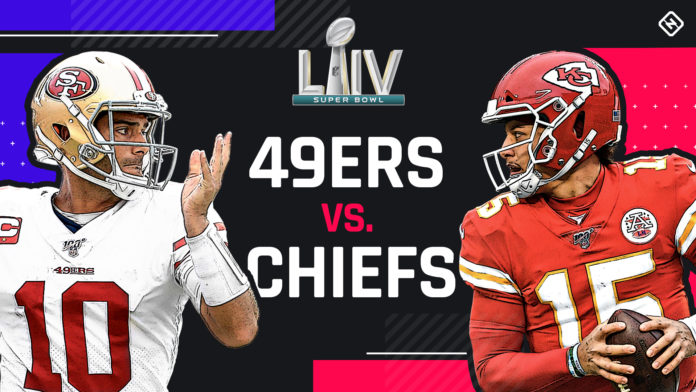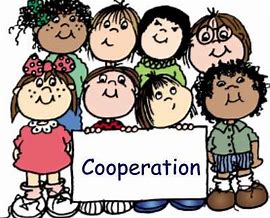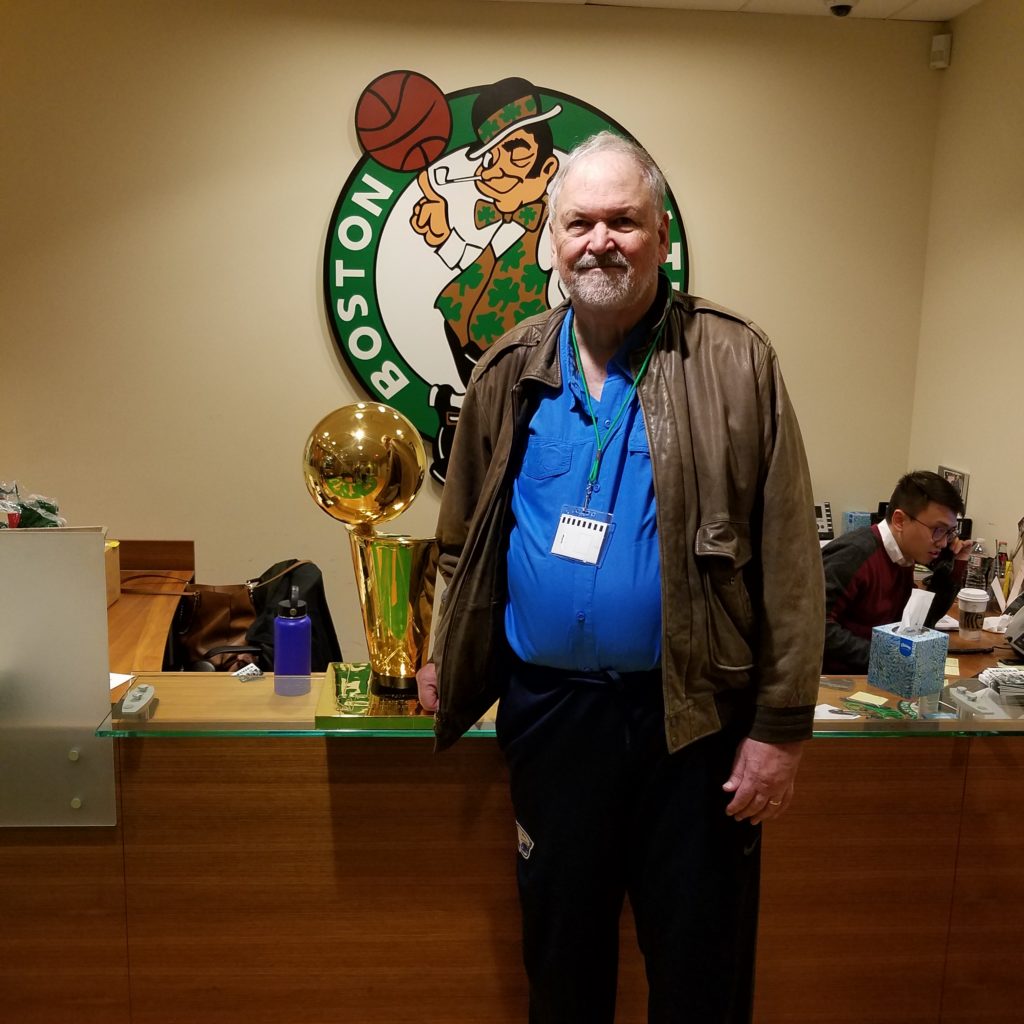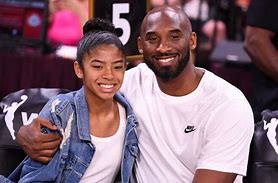
Responses: Several people responded to last week’s blog. Some responded by saying they had similar bad racial experiences. In one thoughtful response, the person knew we have a long way to go in racial justice, but wanted to celebrate the progress. He pointed to the Super Bowl as a good example of progress. (By the way, I got to see the 4th quarter in the airport—great game. Not everyone was happy with the outcome, but growing up in Kansas as a Chiefs fan—I was of course delighted.)
Step back and consider this: within my lifetime, we have gone all the way from my friend Linwood Sexton facing horrible conditions to be the first black to play in an integrated football game at the university level in Oklahoma, to the 2020 Super Bowl. Black men were paid millions to play and coach. Black men officiated the game. Blacks participated in radio and television coverage of the game. While I understand we need to make more progress, we can look to the successes and learn how to move forward. We also need to honor and say thanks to the Linwoods of the world.
The benchmark for the Black population in the US is 14.6 %. The Hispanic – Latino population is 16.7 %. Any where we see greater than 14.6 % for representation of blacks or 16.7 for Latino-Hispanics, I assume progress in racial relations and I celebrate the progress. So when I see Al Roker, Craig Melvin, Sheinelle Jones as the faces of the Today show I see progress and celebrate. Behind the scenes representation may be less than 14.6 %, I do not know, but they have success up front.
Should we be concerned when the ethnic representation is less than the percentage of the population? Of course! More importantly, we should be concerned if any demographic of our population is denied the opportunity to achieve success in any area because of institutional or other bias.

Understanding racial behavior: Psychologists have found two major results relating to racial progress about which I believe everyone should be aware. First the negative finding: racial prejudice increases when different races are competing for scarce resources. It helps understand why we see problems between Asians and other minorities fighting for the small number of Ivy League admissions. Similarly resentment to Affirmative Action is stronger when jobs are few and far between.
The road to progress is not easy but there is at least one good way to make progress. The second result psychologists have found is the positive result. Racial prejudices are reduced when people of “equal” status cooperate toward a common goal. Thus we see good relationships in the military and other areas, and certainly in sports. Interesting to note the best way to compete is by team cooperation.
I know sport has done a lot of good for racial progress in the South and I was pleased to learn about similar developments in Boston during my trip last week.

Boston Celtics: For several years, two of my former students at Illinois State University have gone to Boston with a group to watch basketball. Unfortunately one of them died from cancer this year. The other invited me to participate.
The group calls itself the International Celtics Fan Club. The head man lives in Iowa. He has been a part of basketball camps in England for many years. Thus the group is primarily his friends from Iowa and from England with basketball as the common thread.
This year we saw Louisville play Boston College on Wednesday, and the Celtics play on Thursday and Saturday. I had a great time watching good basketball, eating good food and enjoying the company of good people.
A highlight came because the leader has a good friend, who is the long–time ticket manager for the Celtics. The manager gave us a personal tour of the Celtic headquarters. While the youngsters were excited about memorabilia for their generation, I was just as excited to see pictures that go way back to the 50’s and 60’s when I knew all the names—Cousy, Russell, Jones etc.
Aside from the warm memories I was touched by how strongly the manager felt about the role the Celtics played in improving race relations in Boston. Walter Brown, the first president of the Celtics, and Red Auerbach, the coach, were color blind when it came to players. They strongly supported the Black players when issues with meals, accommodations and other problems arose.
In the early years Boston had a very bad reputation for race relations. Bill Russell has written about the bigotry he faced when he first came to Boston.
The ticket manager took great pride in the role the Celtics played in improving race relationships in Boston. The work is not done but as I said, progress is something to be happy for when it happens.

Kobe. One of the more moving moments in my time in Boston was the Celtics tribute to Kobe Bryant and all of the people killed in the tragic helicopter crash. The rivalry between the Celtics and the Lakers is deep and wide. The tribute transcended the rivalry in a touching way.
In a strange way I find the outpouring of sympathy across America for Kobe and his daughter to be a sign of progress. Sad a tragedy occurred, but the love by people of all races and walks of life for a black man and his daughter (as well as the other victims) is undeniable progress.
Peace
Jerry
0 Comments